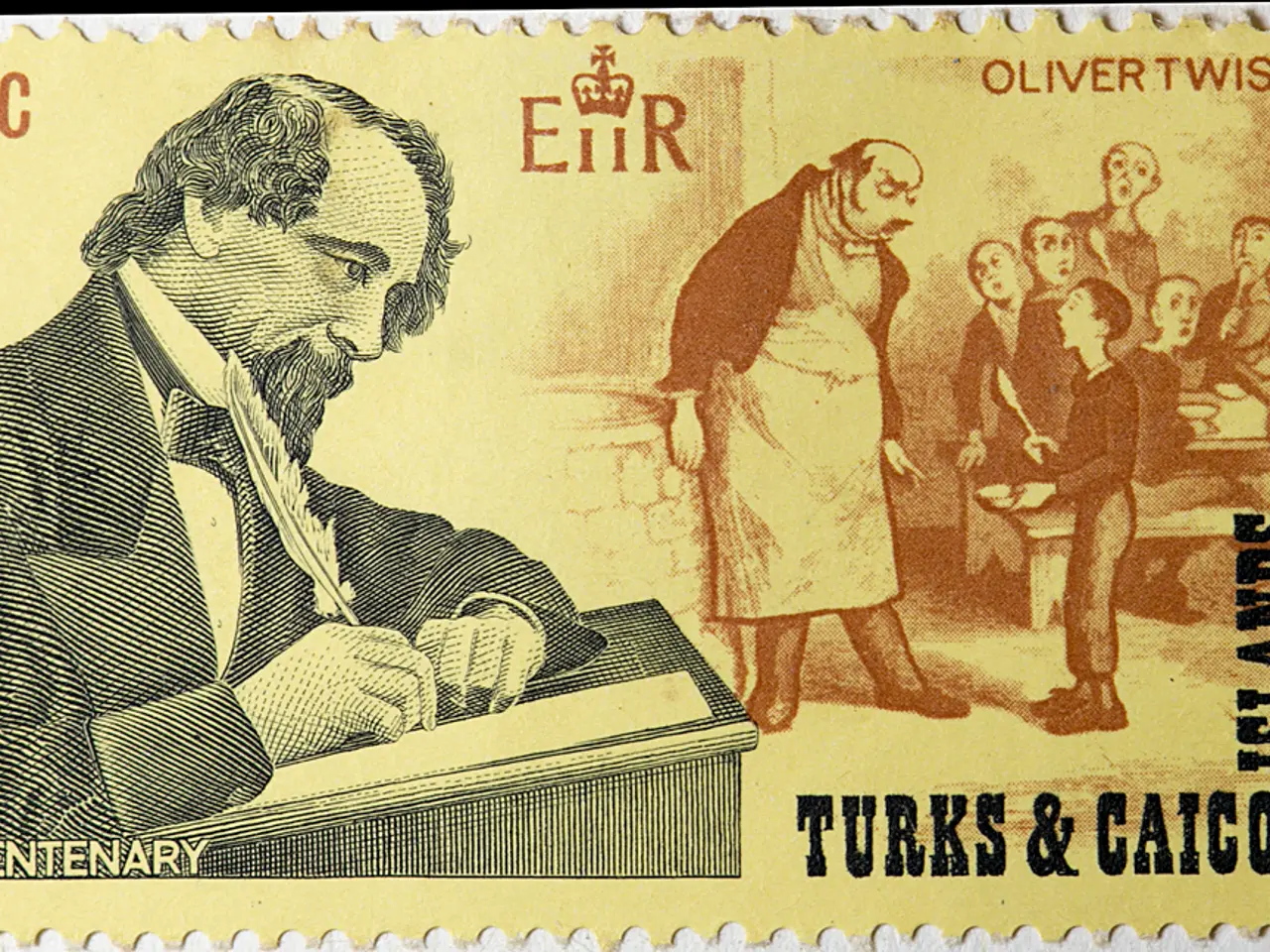Labour's stand on stamp duty revealed.
In the UK, the government is set to revert to stricter stamp duty thresholds from April 2025, marking a return to pre-pandemic rules that will impact many buyers, particularly first-time buyers who have enjoyed relief benefits. This move comes as the government considers a more significant overhaul of the property tax system, aiming to provide a more stable revenue source and improve economic outcomes.
Currently, buyers only start paying stamp duty once the property's value exceeds £250,000. However, from April 2025, first-time buyers will pay stamp duty at 5% on the portion of a property’s price between £300,000 and £500,000, a change that will increase costs for many. The average UK house price stands at £290,000, but in London, where the average house price is £521,000, the stamp duty bill for buyers can reach £13,550.
The government's proposed reform seeks to replace the current stamp duty system with a new national property tax, targeting owners of homes valued above £500,000. This levy would apply to sales rather than purchases, aiming to generate more stable revenue unaffected by market fluctuations since stamp duty revenues vary significantly with transaction volumes and prices. The new levy would cover about 20% of property transactions compared to 60% under current stamp duty rules.
The Labour Party, represented by Chancellor Rachel Reeves, supports reforming the UK's property tax system to increase revenue and economic growth. Reeves has instructed Treasury officials to develop simpler, effective changes aimed at modernizing housing taxes and addressing public finance gaps potentially exceeding £20 billion. The reforms will be central to future budget plans, reflecting Labour’s priority to improve public finances and economic performance without increasing income tax rates.
However, the scheduled return to higher stamp duty thresholds from April 2025 is expected to increase the stamp duty burden, potentially slowing the housing market by discouraging moves and increasing upfront costs for buyers, especially first-time buyers who lose previous relief benefits. The current stamp duty system faces sharp criticism for discouraging mobility in the property market due to high transaction fees, slowing economic growth, and creating market distortions.
The Organisation for Economic Co-operation and Development has suggested the government consider scrapping the stamp duty tax entirely. The temporary SDLT tax relief measures introduced in 2022 have cost the government £1 billion per year, on average. In the 2023/24 tax year, the stamp duty land tax raised £11.6 billion for the government.
In summary, the UK government is moving from temporary pandemic-era stamp duty cuts back to stricter rules in 2025 but is seriously considering longer-term reform to a property tax model to stabilize revenues and improve economic outcomes. Significant debates remain around the detailed design and market effects of these reforms.
| Aspect | Current Government Policy | Future Policy Proposal | Labour Party Position | Impact & Criticism | |-------------------------------|------------------------------------------|---------------------------------------------|---------------------------------------------|---------------------------------| | Stamp Duty Thresholds | Return to higher thresholds from April 2025; less relief for first-time buyers | Exploring replacement of stamp duty with a new levy on home sales above £500,000 | Supports reforming property tax to improve revenue and growth | Higher upfront costs may reduce market mobility; current system critiqued for volatility and economic drag | | Tax Base | Paid by buyers on property purchase | Proposed tax levied on owners when selling properties over £500,000 | Aims for a simpler, more effective property tax | More stable revenue; impact on transactions uncertain | | Revenue Stability | Volatile, dependent on market transactions | More stable, as fewer transactions but higher levy on expensive homes | Seeking to close public finance gaps and boost GDP | Current fluctuations seen as problematic | | Criticisms | Deters moving due to high fees; uncertainty in revenue | Unclear, but aims to address current critiques; implementation details pending | Emphasizes modernization and economic growth | Criticized for discouraging economic activity and causing market distortions |
[1] BBC News, "Stamp duty holiday: What will happen when it ends?", 2023. [2] The Guardian, "Labour to reform property taxes to raise billions and boost economic growth", 2025. [3] The Telegraph, "Government to explore national property tax to replace stamp duty", 2024. [4] The Financial Times, "UK property tax reform: What you need to know", 2024. [5] The Economist, "The UK's stamp duty conundrum", 2023.
Read also:
- Victory of the Recognizable Over the Skilled in Certain Cases
- Strategies for Students: Maximize Tax Returns and Keep More Cash
- "Initiation of the Regional phase for the 'Mama-Entrepreneur' programme unfolds in Syktyvkar"
- Predictive analytics' potency: Discovering Wisdom and Anticipating Dynamics in Data Trajectories




